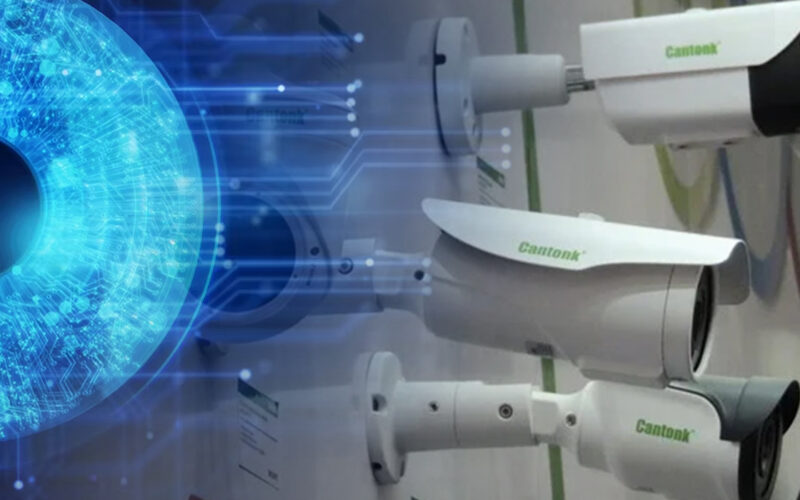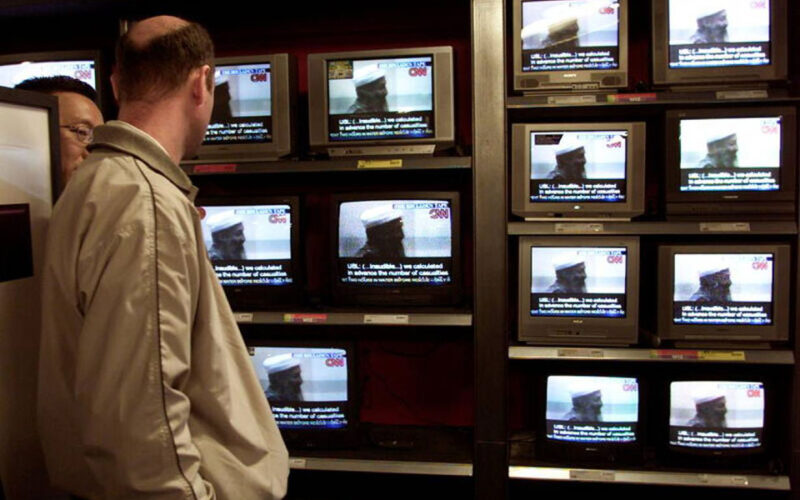
Some African governments are spending millions to spy on their citizens – stifling debate and damaging democracy
GOVERNMENTS around the world use surveillance technology to monitor external threats to national security. Some African governments are also spending vast sums on mass surveillance of their own citizens. They are using mobile phone spyware, internet interception devices, social media monitoring and biometric identity systems. Artificial intelligence for facial recognition and car number plate recognition is another digital surveillance technology in their growing toolkit. TONY ROBERTS, Digital Research Fellow, Institute of Development Studies I recently led research which found that governments in Nigeria, Ghana, Morocco, Malawi and Zambia were collectively spending over US$1 billion a year on these digital surveillance…


